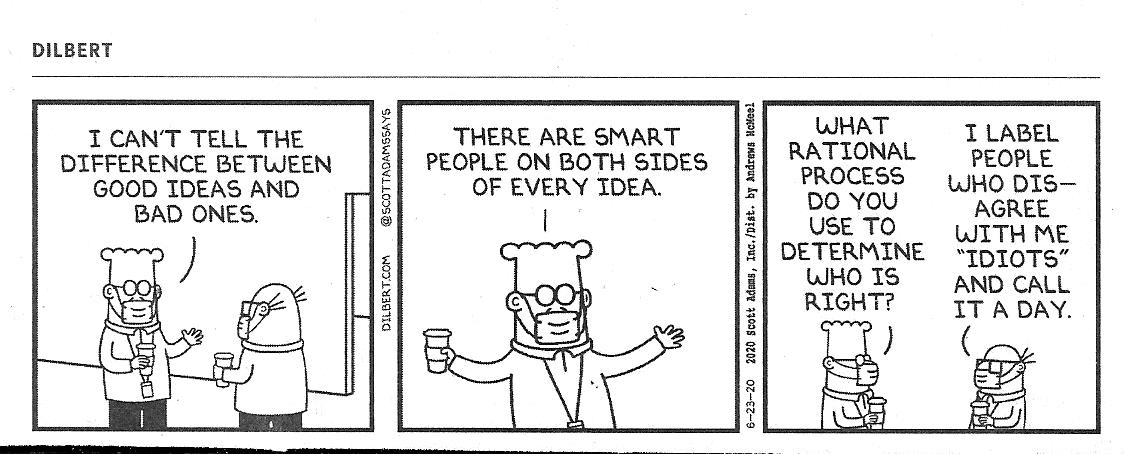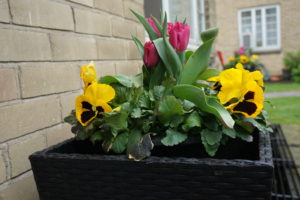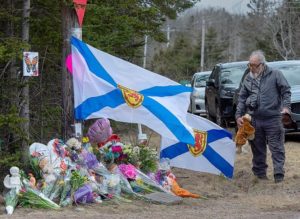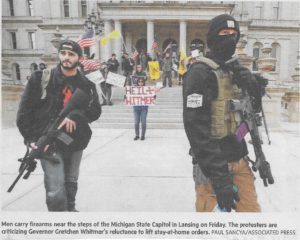July 26: The observant reader will notice that there has not been much activity in this space for the last few months. This was perhaps entirely predictable. Like many, the start of the COVID lockdown seemed to me to be an opportunity to tackle all those things that required concentration and a block of time – the bigger the better. There was writing for this space, making music, and painting, but as the months have passed, not a lot was accomplished. As well, I am not travelling this year so a good supply of marginally interesting stories is also not available. That said, I have been dabbling a bit in writing to no great effect. Herewith a few of those works in progress….
Seventy: (July 12:) A little more than a week ago I celebrated my seventieth birthday. That would be seventy as in seven zero. Seventy as in the beginning of my eighth decade….
I am not a huge fan of birthdays. For the last several decades they have been “just another day” to pass, albeit with some small personal celebration which usually involved a good meal and some appropriate wine. While I was aware of the passing of time reflected in the steadily rising number, it felt unimportant.
Forty was spent drinking (too much) wonderful wine in in Chablis France; fifty was marked by a reunion of my friends from Inglewood Drive that was held in June; sixty was the year I retired, so arguably the retirement cake I received at work was a “birthday cake” of sorts; and for sixty-five I was in Europe for my first major trip in many years. In each case, the day marked the end of another year. I really gave little thought to the implications of my advancing age going forward.
This year feels different. For whatever reason I am alert to the fact that I don’t have much time remaining. My life has felt somewhat like a long hallway with doors off each side. The doorways presented different opportunities and the hall seemed to extend in straight lines to infinity. But now, I am very aware that there is also a door coming into view at the end of the hall that, at some point, I will have to confront.
I say this not to be alarmist or maudlin but simply to acknowledge these new feelings about my stage of life. My generation is generally in better health and physical condition than our parents. We are economically well-off and privileged by our social status. We have advantages and I anticipate that those will last for many years to come. But at some point, end it must. For now I am settled into a period of mindful anticipation and awareness, trying to enjoy each day as it comes.
July 17: COVID: This will mark the 18th week of my lockdown for the COVID pandemic which has continued, with only infrequent recent exceptions, since March 15. A cursory review of the stats associated with that disease clearly shows that it affects the elderly, the unhealthy and those in lower income communities more frequently and harshly than those of us who are privileged.
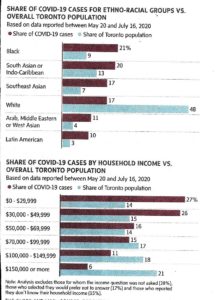 Recent reporting by Global News found a strong association between high coronavirus rates and low income, conditions of work, visible minority status and low levels of education. There was also a link between neighbourhoods with a high number of coronavirus cases and those with a higher population of people of colour. Similar data was recently reported by the Globe and Mail. These communities are also facing increasing unrest related to ongoing Black Lives Matter protests in the wake of several highly questionable Police-involved shootings of civilians. As difficult as this situation is, a far worse outcome has been taking place in the Province’s Long Term Care (LTC) homes.
Recent reporting by Global News found a strong association between high coronavirus rates and low income, conditions of work, visible minority status and low levels of education. There was also a link between neighbourhoods with a high number of coronavirus cases and those with a higher population of people of colour. Similar data was recently reported by the Globe and Mail. These communities are also facing increasing unrest related to ongoing Black Lives Matter protests in the wake of several highly questionable Police-involved shootings of civilians. As difficult as this situation is, a far worse outcome has been taking place in the Province’s Long Term Care (LTC) homes.
Provincial data show a current total of 37,163 cases. Of those, 5,548 are residents of Long Term Care facilities and 2,455 are health care workers associated with a Long Term Care environment. Of 2,737 total deaths, 1,731 (63.2%) have occurred in Long Term Care homes. Eight health-care workers have also died. As far as I can tell, residents of Long Term Care Homes are essentially sitting ducks for this virus.
Terence McKenna of the CBC recently filed a report that compared the death rate in Canadian and Australian LTC homes. In a nutshell: “When it comes to the death toll of the COVID-19 pandemic, the comparison between Canada and Australia is shocking. Australia has suffered four deaths per million residents compared to more than 212 in Canada.” He recounts the successes of the Australian system and the now very obvious deficiencies of the Canadian model which include an alarming lack of reasonable governmental oversight of private, for-profit LTC homes.
But most disturbing for me was a section that discussed the role of Mike Harris, former Premier of Ontario and the leader of the 90’s era “Common Sense Revolution”. McKenna says: “Many trace the drop in Ontario senior care staffing levels back to the 1990s when Conservative Mike Harris was premier. Harris actually budgeted an extra billion dollars for senior care in Ontario, but his government directed 60 per cent of that money to private “for-profit” providers, and he cut staffing requirements.” Mike Harris is now Chairman of Chartwell Homes, one of the Province’s largest LTC providers, and one that has consistently avoided meeting government standards. Harris made more than $7 million last year. McKenna’s full story follows and I commend it to you.
https://www.ontario.ca/page/how-ontario-is-responding-covid-19#foot-7
Black neighbourhoods in Toronto are hit hardest by COVID-19 — and it’s ‘anchored in racism’: experts
https://www.cbc.ca/news/world/australia-covid-19-long-term-care-1.5591912
 With retirement, and now the (impending second-wave) COVID lockdown, I’m faced with less to do, less to manage. While you might think that would be a blessing, in fact, it is not. I’m finding that with fewer issues to assess, my Border Collie instinct seizes on any problem as a matter of significant importance that requires a full assessment and a structured plan. I was awake until 2 AM last night as my brain tumbled through what might go wrong this week as I move into my new apartment. That happens in 4 days, so there’s no immediate need for concern, yet I react as if certain doom is right around the corner.
With retirement, and now the (impending second-wave) COVID lockdown, I’m faced with less to do, less to manage. While you might think that would be a blessing, in fact, it is not. I’m finding that with fewer issues to assess, my Border Collie instinct seizes on any problem as a matter of significant importance that requires a full assessment and a structured plan. I was awake until 2 AM last night as my brain tumbled through what might go wrong this week as I move into my new apartment. That happens in 4 days, so there’s no immediate need for concern, yet I react as if certain doom is right around the corner.




